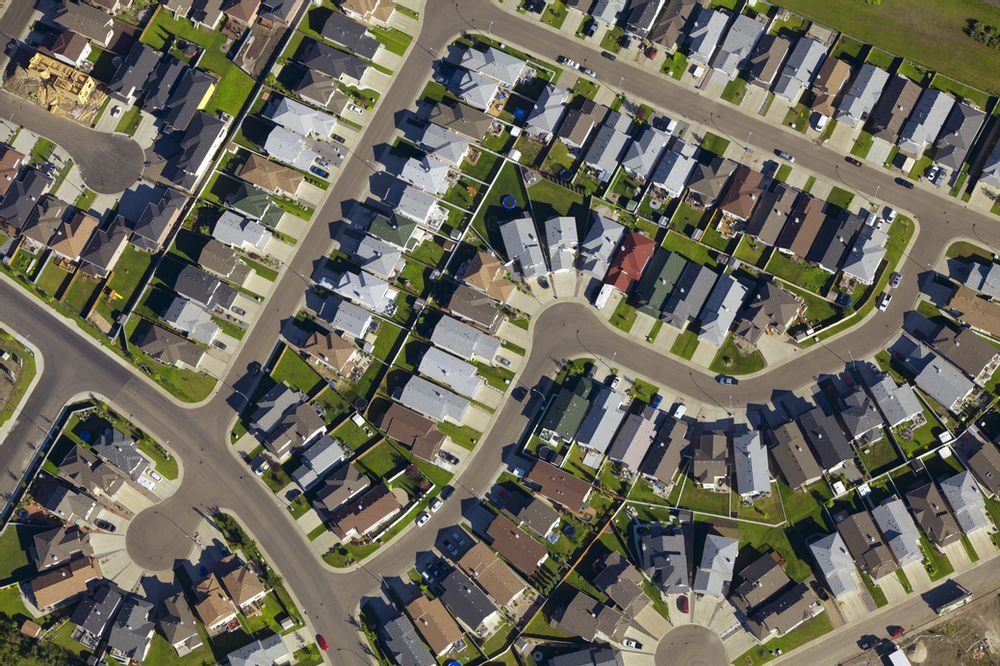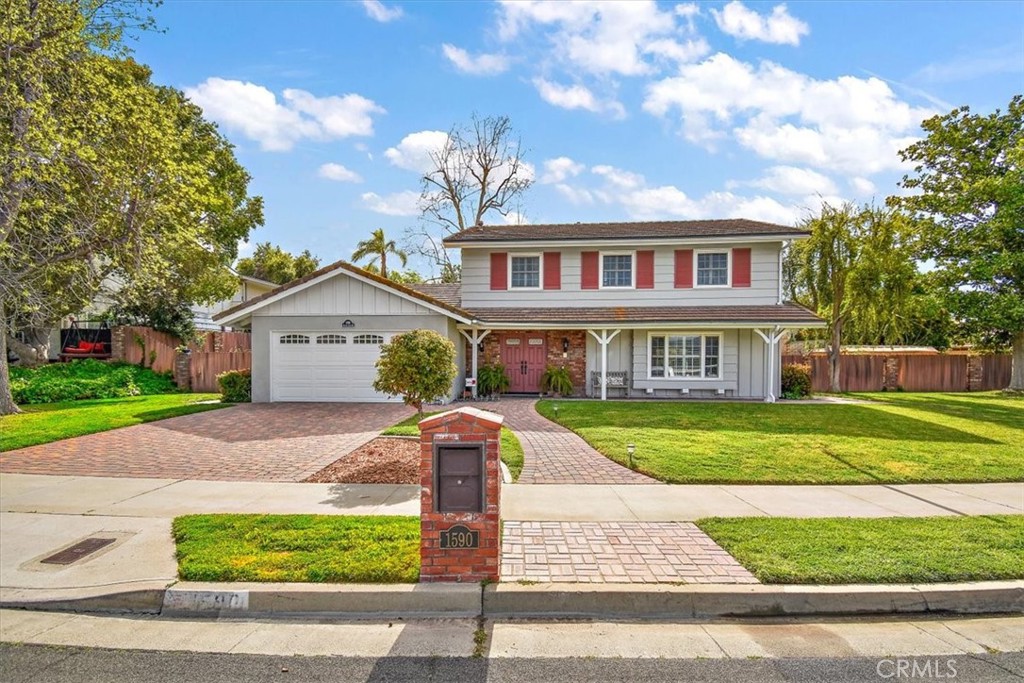
California Homeowners Insurance Woes…
Securing homeowner’s insurance in California has reached a critical point, exacerbating the challenges of our housing market and making homeownership increasingly unaffordable. The departure of major insurance companies like State Farm and Allstate, driven by the escalating risk of wildfires and inflation, has left many of us grappling with double-digit rate increases or even loss of coverage.
Diving deeper into why insurance companies simply don’t want Californian’s money is interesting and frankly alarming. Let’s look first at the interesting part of the puzzle:
Simple rate increases imposed by insurers are due to three imposing factors: Modeling, Reinsurance, and Untimely Approval of Rate Filings (i.e.bureaucratic red tape)
Modeling – California is the lone state of the Union, and it is currently using an antiquated model to look at the past to predict losses in the future. Rates are based on how much has been lost over the past 20 years. While this model may have previously worked, adjustments must be factored in for the increase in population (i.e., more structures – homes, buildings, etc.) and the increased risk of catastrophic wildfires (such as those experienced in 2017-2018). Every other state uses scientifically based catastrophe models to predict potential future losses, considering required adjustments. Of the state’s 20 most destructive wildfires, 14 have been in the past ten years. Opposition to the futuristic catastrophe modeling notes that Florida’s hurricane modeling has created an insurance crisis of its own, and homeowners are paying some of the highest premiums in the country. Those opposed think the same will happen here in California.
Reinsurance – Homeowners buy insurance from insurance companies. Insurance companies then purchase insurance to insure the company from major catastrophic events, such as wildfires. It’s one thing if an insured homeowner experiences a devastating house fire and loses everything – the insurance companies can cover these losses by collecting our annual premiums. However, when entire neighborhoods and communities are entirely wiped out because of uncontrollable wildfires, insurance companies are left holding an empty bag. Hence, they, too, need insurance to cover unexpected significant catastrophes. Again, California is the only state in the Union that does not allow the cost of reinsurance to be passed onto the homeowner. Some of you may be thinking – Yay, we shouldn’t bear that cost! Unfortunately, the result is that insurance companies no longer want our business, so now what?
Untimely Approval of Rate Filings—Rate increases must be approved by the California Department of Insurance (CDI). According to the CDI, this process is cumbersome and takes an average of six months. If the rate increases exceed 7%, the process takes over a year! When the rates are approved (or not—what happens then?) a year later, they are probably due for another adjustment.
The California Fair Plan (established in 1968) is the last resort for your insurance woes. This plan is a syndicated fire insurance pool that includes all insurers licensed to operate in California. It’s designed as a last resort for uninsured homeowners, offering basic coverage at high premiums to meet mortgage requirements. However, you must be aware of two significant drawbacks to the FAIR plan.
First, this plan was not intended to insure the state’s lion’s share of homeowners. However, with the mass exodus of significant insurance underwriters, the FAIR plan has grown far beyond its means and what it was intended for. This overindulgence has led to problem number two.
Second, the FAIR plan does not receive state assistance, so a catastrophic event could leave it financially insolvent. And who bails out the FAIR plan? You guessed it: the licensed California insurance companies are still writing policies in the state.
If the FAIR plan sounds like a double-edged sword, it probably is.
We are all in this together and are here to assist you in any way we can.
Keep your homes up to snub and keep the insurance adjuster away. Take care of yourselves, and we will be here when you are ready for your next move. If you want to express your opinions and concerns about this situation, call us, and we will show you how to act.




0 Comments